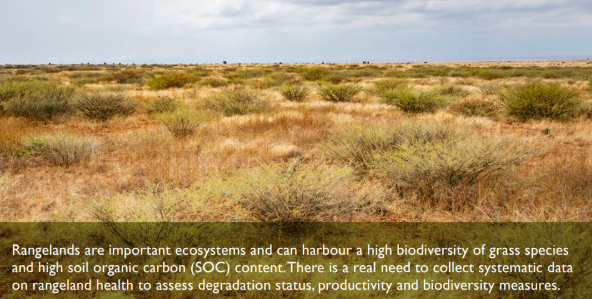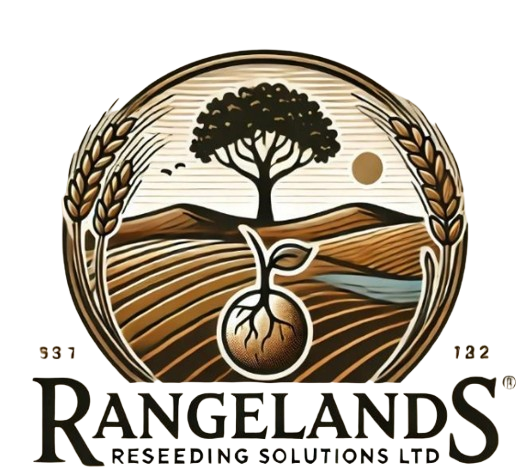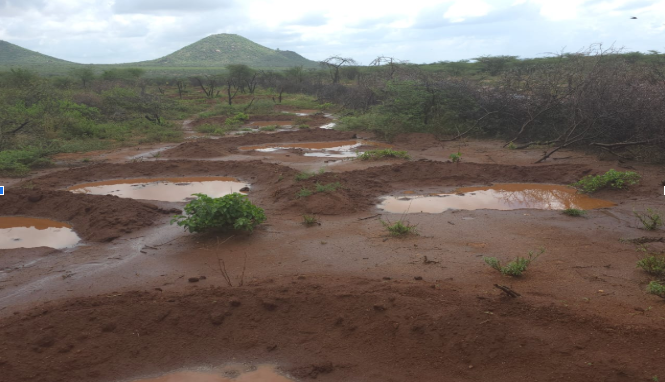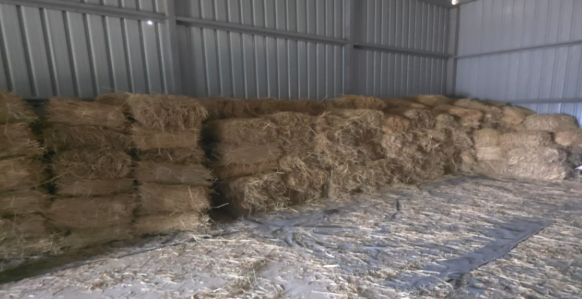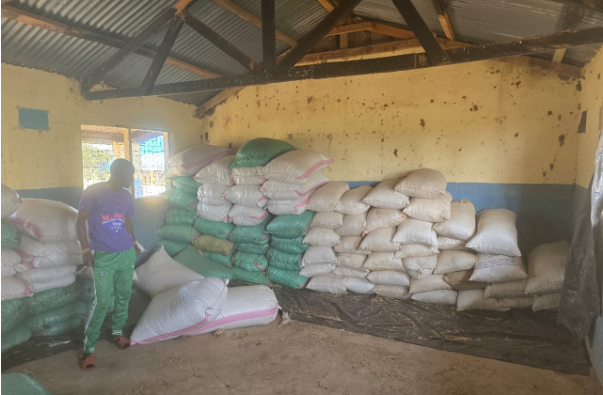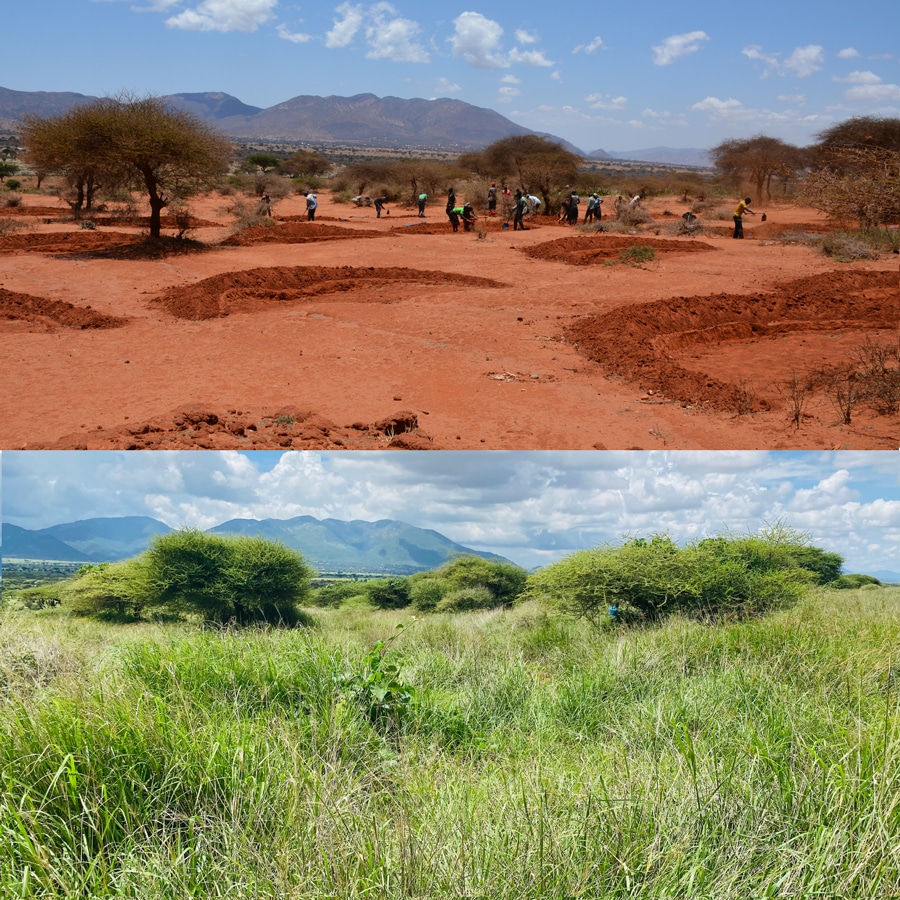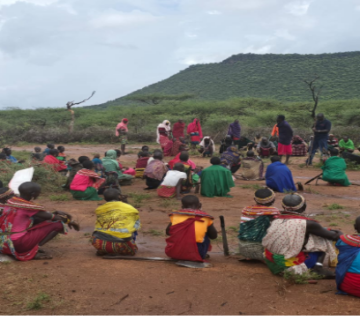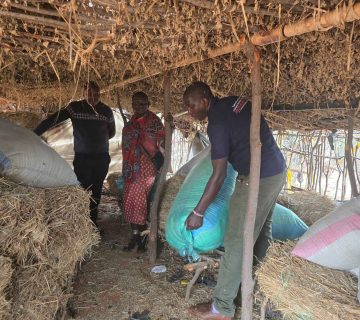Introduction
Rangeland Reseeding Solutions Ltd is leveraging digital innovation to connect micro-projects to carbon markets, enabling pastoralist communities to access climate financing through nature-based solutions.
It is ironic that the communities most vulnerable to climate change, particularly in Kenya’s ASAL regions, often lack access to the rapidly growing climate finance markets. High accreditation costs for carbon credits and reliance on intermediaries have historically excluded small-scale nature-based initiatives from participating in these markets.
As a leader in the fight against rangeland degradation, Rangeland Reseeding Solutions Ltd believes technology can disrupt this dynamic by democratising access to carbon finance for smallholder farmers and pastoralist communities. By embedding digital tools into our operations, we are empowering communities to actively engage in carbon markets while restoring degraded landscapes.

Leveraging Digital Platforms for Carbon Credit Value Exchange
At Rangeland Reseeding Solutions Ltd, we are developing a Carbon Value Exchange (CaVEx) platform to aggregate and verify carbon sequestration data from our micro-projects. These data, which capture carbon offsets from reseeding degraded rangelands, afforestation, and tree-planting efforts, are converted into carbon credits for sale in the Voluntary Carbon Markets.
The beauty of this approach lies in its inclusivity. Through the CaVEx platform, even small-scale community projects can participate. For instance, pastoralist communities planting resilient grasses like Eragrostis Superba or drought-tolerant trees on degraded rangelands now have the potential to generate verified carbon credits.
Direct Payments to Communities via Mobile Technology
Kenya’s well-established digital financial ecosystem, such as M-PESA, plays a critical role in our model. Carbon credit payments are directly transferred to the mobile wallets of the participating farmers and pastoralist groups. This not only ensures that the financing reaches the intended beneficiaries but also eliminates the need for costly intermediaries.
Nature-Based Solutions That Create Additional Value
The carbon credits generated through our initiatives do more than just displace or sequester carbon—they provide tangible, productive benefits. For example:
- Fodder Production: Our reseeding projects enhance the availability of livestock fodder, improving pastoralist livelihoods.
- Water Conservation: Integrating tree planting into degraded rangelands reduces water run-off and increases soil water retention.
- Sustainable Livelihoods: Participants earn income from the buy-back program for harvested grass seeds, while also benefiting from technical training in climate-smart practices.
These nature-based solutions are designed to enhance resilience against climate change while creating direct economic benefits for local communities.
Bridging the Carbon Credit Imbalance
We recognize the growing global demand for verified carbon credits, particularly those from the Global South, where sustainable practices are crucial. By leveraging digital technology to streamline carbon value exchange, Rangeland Reseeding Solutions Ltd is working to bridge this gap while ensuring that smallholder farmers and pastoralist communities benefit equitably.
The imbalance between demand and supply of reliable carbon credits presents a unique opportunity for positive disruption. By tapping into innovative digital solutions, we are paving the way for communities in ASAL regions to unlock climate financing and create long-term, sustainable impacts.
We welcome collaboration and discussion on how this transformative approach can further scale to benefit more farmers and pastoralists in Kenya and beyond.
